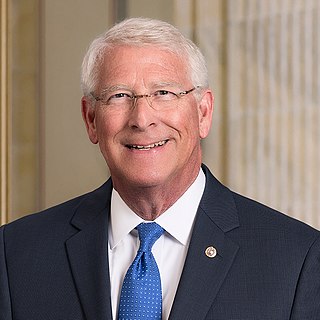History
The subcommittee was formerly known as the Subcommittee on Clean Air, Climate Change, and Nuclear Safety, but was renamed during committee organization of the 110th Congress, after responsibility over global warming issues transferred to the Subcommittees on Public Sector Solutions and Subcommittee on Private Sector Solutions to Global Warming. The subcommittee still retains some inherent oversight over global warming issues due to its jurisdiction over the federal Clean Air Act.

Global warming is a long-term rise in the average temperature of the Earth's climate system, an aspect of climate change shown by temperature measurements and by multiple effects of the warming. Though earlier geological periods also experienced episodes of warming, the term commonly refers to the observed and continuing increase in average air and ocean temperatures since 1900 caused mainly by emissions of greenhouse gases in the modern industrial economy. In the modern context the terms global warming and climate change are commonly used interchangeably, but climate change includes both global warming and its effects, such as changes to precipitation and impacts that differ by region. Many of the observed changes in climate since the 1950s are unprecedented in the instrumental temperature record, and in historical and paleoclimate proxy records of climate change over thousands to millions of years.
The United States Senate Environment and Public Works Subcommittee on Private Sector and Consumer Solutions to Global Warming and Wildlife Protection was one of six subcommittees of the Senate Committee on Environment and Public Works during the 110th Congress. The subcommittee's jurisdiction included:

The Clean Air Act is a United States federal law designed to control air pollution on a national level. It is one of the United States' first and most influential modern environmental laws, and one of the most comprehensive air quality laws in the world. As with many other major U.S. federal environmental statutes, it is administered by the U.S. Environmental Protection Agency (EPA), in coordination with state, local, and tribal governments. Its implementing regulations are codified at 40 C.F.R. Sub-chapter C, Parts 50-97.
Jurisdiction
The subcommittee's jurisdiction includes:
- Clean Air Act
- Indoor Air
- Tennessee Valley Authority
- Economic Development Administration
- Nuclear Plant Security and the Nuclear Regulatory Commission

The Tennessee Valley Authority (TVA) is a federally owned corporation in the United States created by congressional charter on May 18, 1933, to provide navigation, flood control, electricity generation, fertilizer manufacturing, and economic development to the Tennessee Valley, a region particularly affected by the Great Depression. The enterprise was a result of the efforts of Senator George W. Norris of Nebraska. TVA was envisioned not only as a provider, but also as a regional economic development agency that would use federal experts and electricity to more quickly modernize the region's economy and society.

The Economic Development Administration (EDA) is an agency in the United States Department of Commerce that provides grants and technical assistance to economically distressed communities in order to generate new employment, help retain existing jobs and stimulate industrial and commercial growth through a variety of investment programs.

A nuclear power plant is a thermal power station in which the heat source is a nuclear reactor. As it is typical of thermal power stations, heat is used to generate steam that drives a steam turbine connected to a generator that produces electricity. As of 2014, the International Atomic Energy Agency reports there are 450 nuclear power reactors in operation in 31 countries.



